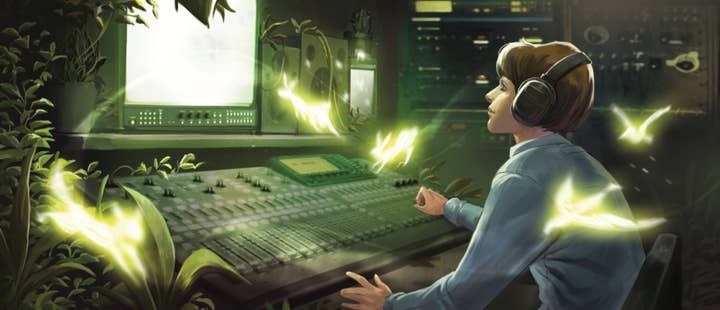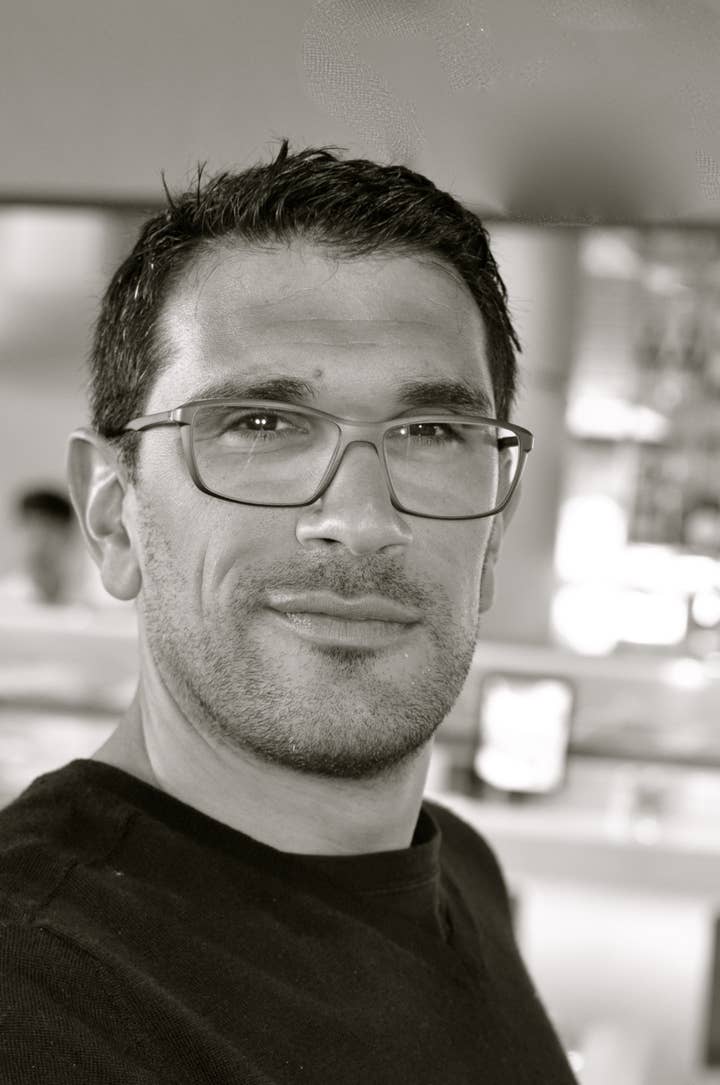Making music supervision work
Keywords Studios continues 'A series unlocking modern game development'. This week: Music Supervision by CORD CEO Daniel M Jackson
Music is magic. It can also be murder. It is slippery and hard to define. It has immutable laws but it is ever-changing. It is incredibly easy to judge but ludicrously hard to master. Like trying to make a vase out of wet clay on a wonky potter's wheel, choosing or creating the right music for a game requires an ability to hold on and to also know when to let go. It's a job based on feel first, logic last and yet there are undeniable business issues involved for game developers; how much to spend on composition? How to arrange licences? What does value for money look (sound) like?
Alongside voice and sound design, music exists as a core element of game audio. It provides emotional context for a game, helps the player navigate their world and it can even form core elements of the marketing or merchandising of a game. So getting it right is important and that is the job of the music supervisor. Here we take a look at music supervision in games and examine what it takes to be great.

Be humble
Music supervisors bring encyclopaedic music knowledge and should surprise and delight with their suggestions... but the creative vision for the game is usually the game director's and they will have final say. So bring your A-game and your best tracks but be humble enough to listen to other opinions and recognise when they trump yours.
Know the market
There are 'going rates' for composition but they vary according to the composer's skill and experience. There are no rules regarding rates for licensed music; quotes can vary wildly depending on who is asking, what exactly is asked and how the first enquiry is made. The music supervisor needs to back up their knowledge of great music (in all genres) with just as good an understanding of who owns what and how much to pay for licensed or composed music.
Half the time, you're a lawyer
Music is a legal minefield. Licensing and copyright ownership require paper-trails in order to avoid very costly unlicensed use lawsuits. Briefing and composing music requires in-depth understanding of music copyright in order to avoid even costlier plagiarism suits. Know the law and always get agreements in writing.

Think ahead but balance the books
The longer the terms on licensed music, the better the deal. Similarly, the more uses that are licensed up front, the lower the chances of getting rinsed in six months time when you want to use a piece of music for a trailer or on a soundtrack release. That's easy to understand but usually there are budget constraints that mean the full range and depth of rights can't be licensed. So a great music supervisor will need to balance probabilities, license what's important and put options in for uses that the game might want later but can't afford now.
Understand the technology
The story of music is the story of technology. From banging a drum to the latest artificially intelligent music engines, every instrument and innovation creates a new sound. So staying in touch with tech is just as important as staying in the loop with the latest Icelandic folk-dance crossover. In games this is truly vital, as generative and non-linear music are in many cases the norm and these technologies can be hard to understand and even harder to implement.
Just One More Song
With music, there's no right or wrong answer; just feelings and opinions. The adage 'I'll know it when I hear it' is either a source of immense frustration (in which case, don't be a music supervisor) or a rallying cry to search for that elusive next track, loop or motif: the one that might finally be the answer that everyone involved can get behind. So don't be afraid of always trying to improve on choices already made, of being open-minded, of searching for just one more song that might put the sprinkles on the cake.
Daniel M Jackson is CEO of CORD Worldwide, a Keywords Studio, providing music services to games, brands and the global entertainment industry.
For more information on Keywords Studios. Click here.